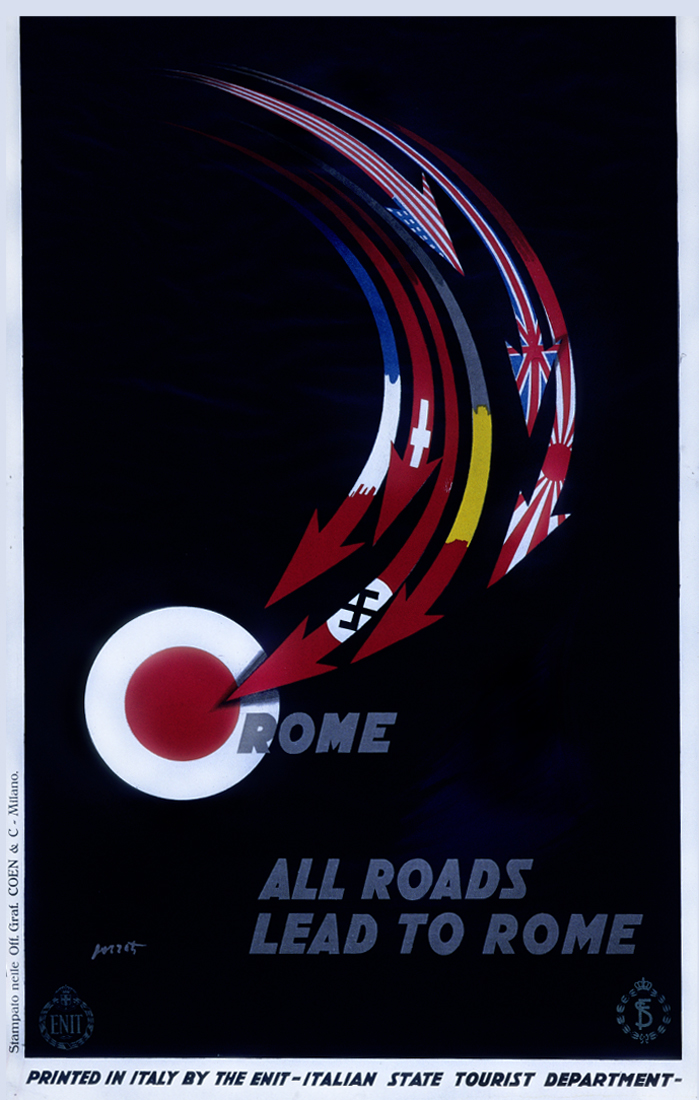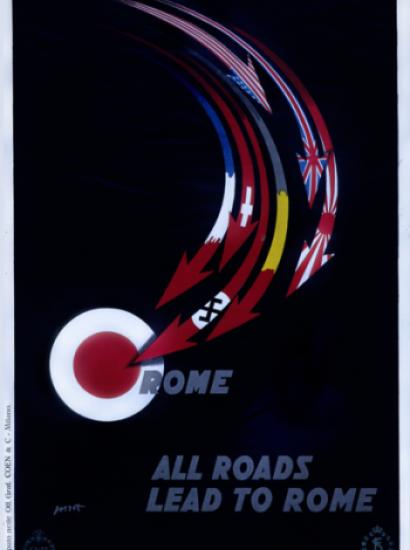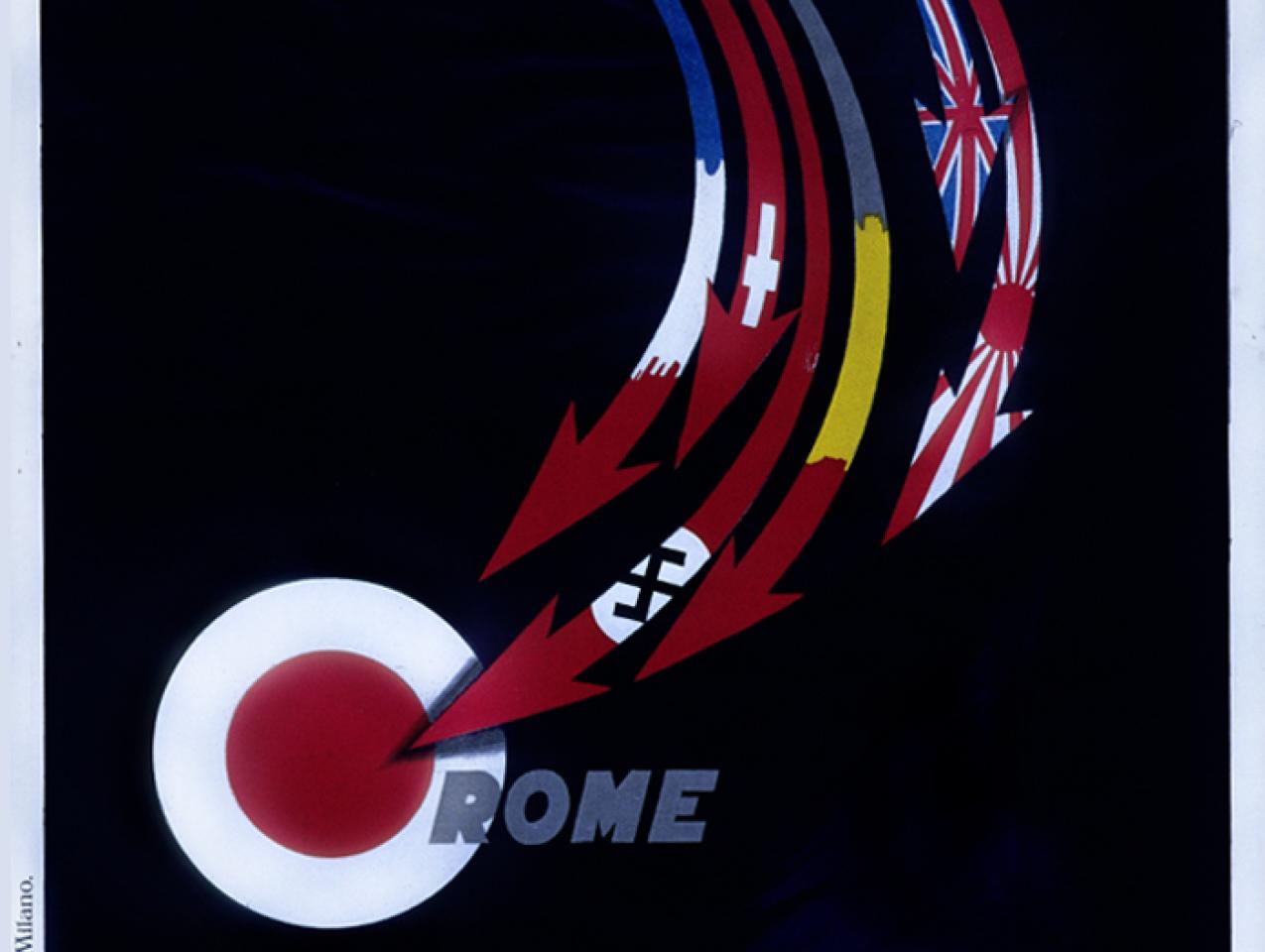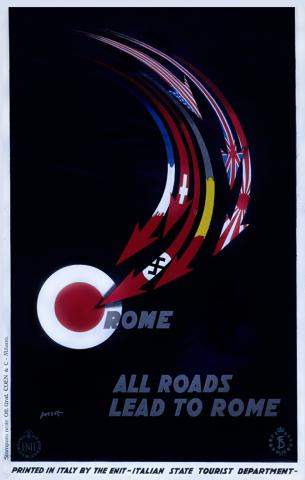- History
- Military

In November of AD 386, the Roman Army of the lower Danube tricked a horde of Ostrogoths into an attempt to cross the river with some 3,000 canoes before it froze. That stratagem deprived the Germanic world’s massed military might of an opportunity to force its way across and resulted in the slaughter of thousands of Goths. But though the emperor Theodosius’ army had re-established its capability to control the border, he decided nonetheless to resettle the surviving Goths on Roman lands. The reasoning behind that decision, and the results thereof, should be of interest to us now.
In November 2015, as millions from the Middle East and Africa—mostly Muslims—press upon Europe’s borders to settle therein or to move on to America and the rest of the Western world, the West is divided on the question: “Shall we let them live among us?” Western peoples, sensing dire consequences, are increasingly opposed. The West’s ruling class favors accepting them and subsidizing them, citing arguments that were current almost two millennia ago.
Then too, Edward Gibbon tells us, while the people “loudly censured” settling the fierce Goths nearby, the emperor argued that “it was impossible to extirpate so many fierce tribes,” that sincere friendship for the Goths was the surest guarantee of peace, and that the Goths were needed to cultivate empty lands. Romans were not reproducing, and the empire’s ceaseless civil wars had taken their toll.
Gibbon writes that the Goths’ “immediate wants were supplied by a distribution of corn and cattle, and their future industry was encouraged by an exemption from tribute for a number of years.” He fully expected them to integrate. The Goths, however, had no intention of becoming Romans, and asserted their independence by requiring and obtaining “the sole possession of the villages and districts assigned for their residence; they still cherished and propagated their native manners and languages.” Since they continued to live under their own laws and rulers, their submission to the Roman Empire was an empty formality.
The empire thought to bind the Goths to itself by taking their best fighters and forming them into a disciplined Roman legion. Gibbon tells us that these foederati were distinguished by “their gold collars, liberal pay, and licentious privileges.” Their centurions were Goths too. Most important, so was their loyalty. According to Gibbon, dependence on wholly foreign legions, “finally extinguished in the minds of the Romans the last sparks of the military flame.” In other words, the Imperial class disempowered the people’s capacity to defend themselves.
The Goths took advantage of their privileged status, expressing their contempt for Roman citizens, whom they “insulted with impunity.” Within a decade, the Goths openly revolted from Rome. In AD 410 they sacked the city. The Western empire was gone. Its people would survive as best they could.















